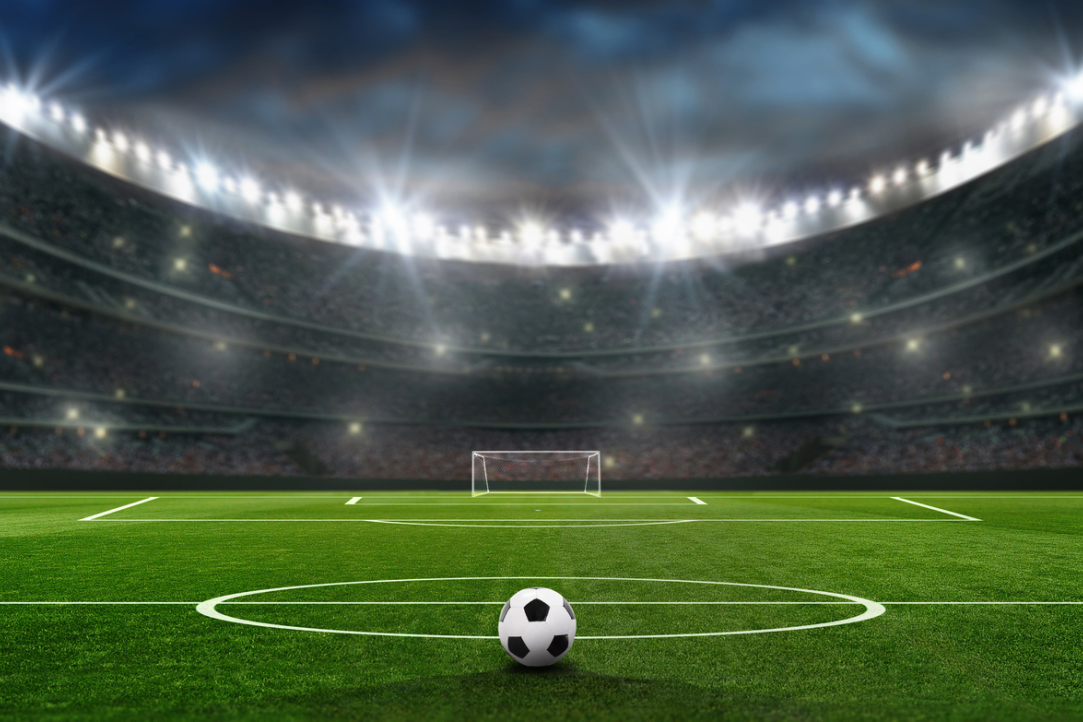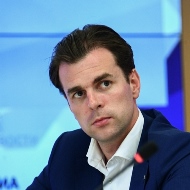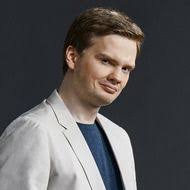HSE Scientists Create Second Season Calendar for Russian Premier League

Experts from the HSE Laboratory of Sports Studies at the Faculty of Economic Sciences have developed software to create the Russian Premier League’s season calendar. According to the League's management, this approach proved effective last season when special algorithms were first used.
To compile the calendar, the scientists from HSE Laboratory of Sports Studies used specially developed software that takes into account various requirements and calculates options using different mathematical methods.
When creating the calendar, the experts accounted for the following requirements: clubs’ participation in European Cup tournaments, weather conditions in various Russian regions, and expectations of the broadcaster. In addition, the most important aspect of the calendar is how balanced the schedule is from a sporting standpoint.
The Tinkoff Russian Premier League (RPL) comprises 16 teams that play each other in a rotating system of two rounds: each team must play the other in one home match and one away. The tournament calendar shows which teams play each other in each round. Last year the Laboratory of Sports Studies experts collaborated with RPL to create the League’s calendar for the first time.
Evgeny Savin, RPL Marketing Director

‘Last season showed the effectiveness of the mathematical approach in creating a calendar, so we continued our cooperation with HSE University. The 2020/21 season will be held on a tight schedule, and we had to account for many factors to optimize the calendar. We considered a number of options and chose the most balanced ones regarding teams, fans and the broadcaster.’
Dmitry Dagayev, Head of the Laboratory of Sports Studies

‘Compared to the 2019/20 season, the search criteria for calendars have been refined. Now no team in the League plays more than 2 matches in a row with A category clubs, and we managed to reschedule key championship matches for participants in the qualification stages of European competitions. Due to the tight schedule of the competition, new circumstances emerged: more tours will be held in cold weather now.’
The HSE Laboratory for Sport Studies (LSS), which was set up within the Faculty of Economic Sciences in June 2018, is engaged in theoretical research and data analysis of the sports industry. It also holds a regular research seminar and serves as a platform for interaction between sports researchers, sports clubs and federations. The laboratory has the following objectives:
- engaging HSE students in sports industry research;
- teaching students modern methods of data analysis;
- popularizing sports research in Russia;
- creating a platform for interaction between sports researchers, sports clubs and federations;
- providing high-quality expertise used in decision making by sports clubs and federations.
See also:
‘The Sports Market Will Survive, Although It’ll Be Cast Back to Where It Was Years Ago’
On July 3, 2020, the 4th Eastern Conference on Football Economics and the 6th Western Conference on Football and Finance were held. Jointly organized by HSE University, the University Paderborn, the New Economic School, the EWG OR in Sports, and the University of Reading, the conference was dedicated to the economic, financial and social aspects of football. Some of the organizers and participants of the conference spoke to the HSE News Service about the conference and their research.
IDLab Research Seminars
HSE Campus in Perm has launched a series of research seminars at the International Laboratory of Intangible-driven Economy involving international experts.
The Olympics, the World Cup, FIFA, Global Media Events and Social Commotion
Renira Gambarato is Assistant Professor at the Faculty of Communications, Media and Design,School of Media. Originally from Brazil, Renira has been at HSE since 2013. She talked to Anna Chernyakhovskaya of the HSE English News Service about her experience of adjusting to living and working as an academic in Russia and about her joint project with HSE and Brazilian researchers on media convergence of global sporting events and opportunities to air feelings of social injustice.
Sport Management Can Change Image of Entire Country
On December 9, the opening of the joint FIFA/CIES sport management programme took place. Participants of the event had the chance to discuss issues with organizing world sport forums with the CEO of the Organising Committee for the 2014 FIFA World Cup in Brazil, Ricardo Trade.
7.8
That’s the number of FIFA ranking points that, all other conditions being equal, every additional $1,000 of GDP per capita brings a national football team.
Unveiling the Socio-Economic Impact of Sporting Success
Angel Barajas, Academic Supervisor of the International Laboratory of Intangible-driven Economy at HSE Perm, Leading Research Fellow, Associate Professor, University of Vigo, Spain talks about Russian football, financing Spanish football clubs, and what the local area needs. Professor Barajas has headed the International Laboratory at HSE Perm since 2010, and is a leading authority on football club rankings, corporate finances and evaluating intellectual assets.
60.5%
is the probability of winning for a football team that kicks first in a penalty shoot-out.
Seminars on Football Economics Start at the HSE
A new weekly seminar, ‘Football Economics’, headed by Konstantin Sonin and Dmitry Dagaev, is starting at the HSE. The first session will take place on January 28, 2014. The seminar aims to look at how the professional football industry works.


